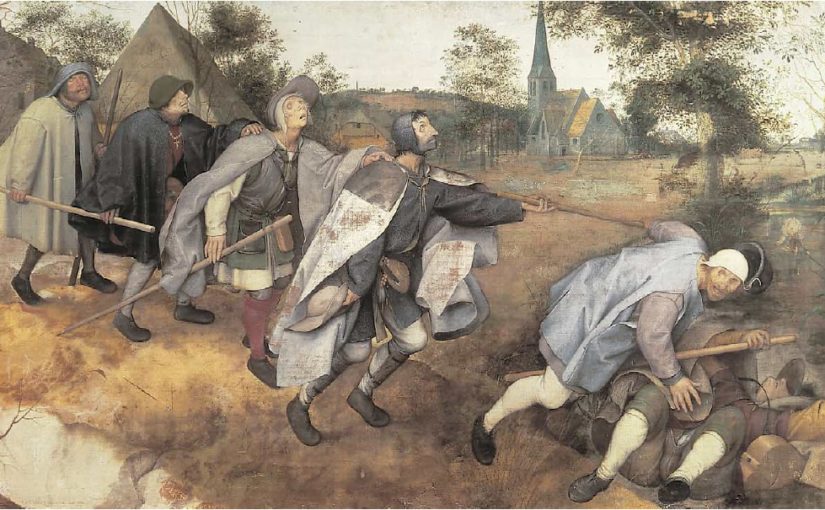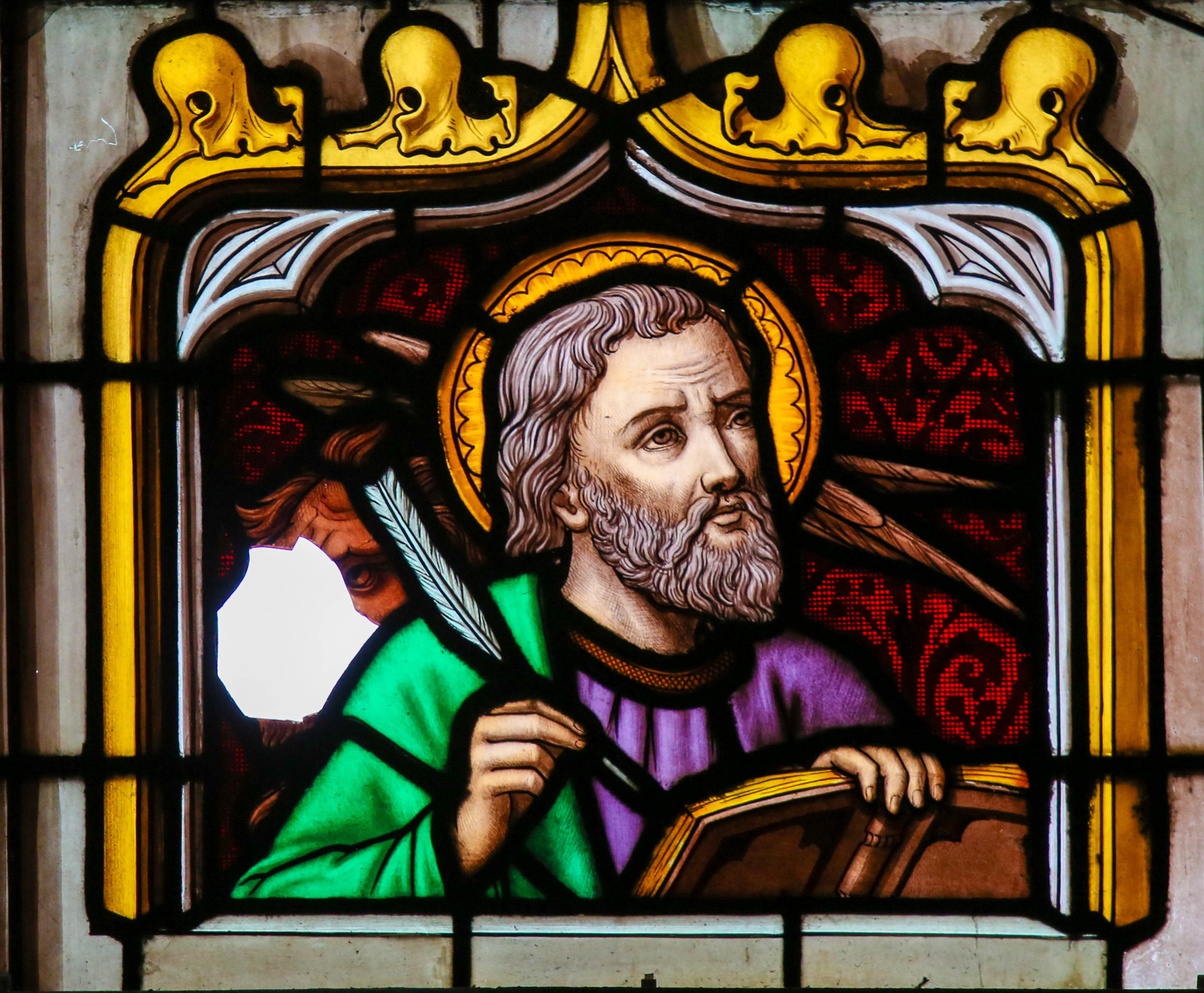The question is often asked, “What would you do if you only had 6 months to live?” Most people talk about spending more time with family and going and doing things they’ve always wanted to do…checking things off the so called “bucket list.” Let’s change the question slightly to say, “What would you do if you knew the world was going to end in 6 months and Jesus would return?” While most of us may say we would do some of the same things as if we knew we personally would only live 6 months, I would hope some of us would also say we would tell other others about our Savior in Jesus which is our word to describe him today. As we discussed in our small group this week, we often don’t want to think about what will happen to others if they don’t know Him. If we do think about it we often just think they won’t go to Heaven and maybe not even think of the alternative or just think of Hell as a dark place. While I won’t go into any details here, the Bible tells us many times Hell is more than just a dark place and somewhere we shouldn’t want anyone to go.
We see really good examples in John 4:1-42 with the Samaritan women at the well telling others about Jesus saying “come and see” and then in Acts 13 when Paul and Barnabas were in Antioch the rulers of the synagogue asked if they had any words of encouragement, and they had the bravery to tell the story of who Jesus was through referencing the Old Testament scriptures Jews knew by saying, “Of this man’s offspring God has brought to Israel a Savior, Jesus, as He promised.” in Acts 13:23.
As has been the focus of some of many recent posts, we are living in really crazy times right now. When people observe how you are reacting to all of this what are they thinking? Are they seeing peace in your heart that God has perfect plan and is in control? Or are they hearing you complain? Are they hearing you are worried and anxious? Are they even hearing you say something like, “If (fill in the blank) gets elected/re-elected it’s going to get really bad, and I’m not sure what will happen to our country and world!” While we are all imperfect humans and can be guilty of this (I know I am), we really need to think about the personal trust we have in God and then in turn the impact our thoughts and words and ultimately actions have on both believers and especially non-believers speaking with and observing us. Charles Stanley said, “Basically, there are two paths you can walk: faith or fear. It’s impossible to simultaneously trust God and not trust God.” What is the condition of your heart? What is the level of trust and hope you have in Jesus for the future?
Paul’s relationship and trust in Jesus was such that he could confidently say in 1 Timothy 4:10, “For this end we toil and strive, because we have our hope set on the living God, who is the Savior of all people, especially of those who believe.” Despite how hopeless our life, this country, or the world looks due to sin…we should all strive to be able to say the same. When we do, we will not only be able to confidently tell others about our Savior and that if they seek Him too it will not only bring peace to their heart today, but it will also affect where they will spend eternity. Many will begin to even ask how and why you are so calm and confident despite your personal challenging circumstances or despite the turmoil of the current times.
Once the woman at the well went back to tell others, they came and saw Jesus. And they said in John 4:42, “…..It is no longer because of what you said that we believe, for we have heard for ourselves, and we know that this is indeed the Savior of the world. People will start to observe and begin to “see” God in their lives. Knowing our Savior will not only change the hope they have on this side of eternity, but it will change where they spend the other side of eternity.
Revelation 21:4 says…
“He will wipe away every tear from their eyes, and death shall be no more, neither shall there be mourning, nor crying, nor pain anymore, for the former things have passed away.”
My prayer today is that you take a few minutes to listen to this song and have the hope that Aaron Shust describes, as well as share that hope you have in our Savior with others….

